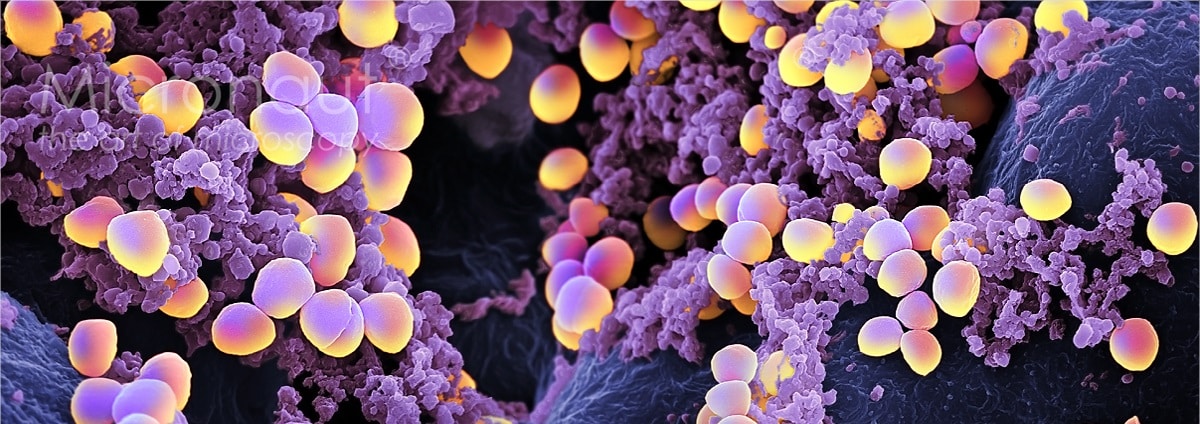Indian Council of Medical Research (ICMR) and Pfizer Ltd. Announcement
To set up a ‘Centre to Combat Antimicrobial Resistance’ in New Delhi; implement comprehensive interventions pan-India
New Delhi, November 13, 2017: Indian Council of Medical Research (ICMR) and Pfizer Ltd. will institute a ‘Centre to Combat Antimicrobial Resistance’ in New Delhi, as part of the MoU signed recently. This project will help address the growing threat of antimicrobial resistance in India. The joint initiative will implement a series of comprehensive interventions, ranging from AMR Stewardship programs for Nursing Homes to scaling up of the ongoing AMR surveillance network and creating awareness around responsible use of antibiotics.
Pfizer has provided an initial grant of INR 6.97 crores for this initiative with a provision to scale up further as the program expands.
According to Dr K. VijayRaghavan (Secretary, Department of Health Research & Director General, ICMR), “The Government of India recognises the need for urgent action and hence is developing a national response mechanism to adeptly deal with the growing challenge of anti-microbial resistance. It is important to channel all necessary resources in developing, implementing and monitoring antibiotic resistance to minimise its adverse impact, which is posing a huge threat to both health and food security. Infections such as pneumonia, TB etc. are becoming difficult to treat due to decreased effectiveness arising out of irrational usage of antibiotics. We must do all we can, to prevent a scenario where common infections and minor injuries become difficult or impossible to treat. Adopting a partnership approach with Pfizer, ICMR is engaging with relevant stakeholders to draw in diverse perspectives and support. We are happy to announce this association through which we could bring about a change positively in the way antibiotics are prescribed and used. Behaviour change will need to be a key component of this strategy.”
Speaking on the initiative, Mr. S. Sridhar, Managing Director of Pfizer Ltd. said, “The Pharmaceuticals Industry must respond in full force to support the Government’s ambitious plan to combat antimicrobial resistance. Since its pioneering contribution of mass producing penicillin in the 1940s, Pfizer has remained a leading anti-infectives company across the world. We therefore recognize that we play an important role in a collective effort to address AMR – one of the greatest public health challenges of our time. We deeply value this partnership with the ICMR and hope to make a tangible contribution to this national endeavor.”
The Government of India views AMR as a key priority and in April 2017 finalized India’s National Action Plan on Antimicrobial Resistance (NAP-AMR). The NAP-AMR spells out six strategic priorities including improving awareness through communication, education and training, strengthening surveillance and promoting investments for AMR initiatives. The interventions undertaken as part of this partnership will align with these strategic priorities and support the NAP-AMR’s goal of effectively combating antimicrobial resistance in India. A dedicated centre is being set up to serve as a nodal point to launch interventions in the three areas of Stewardship, Surveillance and Awareness:
1. Expanding ICMR’s Antimicrobial Stewardship Programme across the country in a phased manner with focus on smaller in-patient centres (smaller hospitals and nursing homes).
- Enhancing ICMR’s existing AMR Surveillance Programme by training specialists to run an expanded India Surveillance Network that would cover both private and government hospitals to collate, analyse and publish drug resistance data across all geographies in India.
- Awareness and advocacy programme using media and non-media platforms to disseminate information on antibiotic resistance, promote rational use of antibiotics, encourage infection control techniques such as hand hygiene and organize conferences and awards to recognize best practices.
The governance structure envisioned for this initiative will include a Steering Committee and an Advisory Council comprising representatives from ICMR, Pfizer, leading infectious disease specialists, and experts in the domain areas of AMR. The initiative will also seek partnerships with various medical, pharmaceuticals, pharmacy and healthcare providers’ associations to advance the implementation of each of the interventions.
About ICMR: The Indian Council of Medical Research (ICMR), New Delhi, is the apex body in India for the formulation, coordination and promotion of biomedical research, is one of the oldest medical research bodies in the world. ICMR’s research priorities align with the National health priorities. These efforts are undertaken with a view to reduce the total burden of disease and to promote health and well-being of the population. ICMR promotes biomedical research in the country through intramural as well as extramural research. ICMR launched the AMR initiative in 2013 and supports research leading to understand trends and patterns of AMR in tertiary care hospitals at molecular level, support antimicrobial stewardship efforts and research efforts leading to development of new drugs and diagnostics. ICMR’s initiative spans medical colleges and hospitals, both from the private and government sector. ICMR is also partnering with CDC, USA, NIAID, USA, Research Council Norway and NIID Japan to support research in addressing different aspects of AMR. Visit us at http://icmr.gov.in/ for more details.
About Pfizer Ltd.: At Pfizer, we apply science and our global resources to improve health and well-being at every stage of life. We strive to set the standard for quality, safety and value in the discovery, development and manufacturing of medicines for people. Every day, Pfizer colleagues work to advance wellness, prevention, treatments and cures that challenge the most feared diseases of our time. Consistent with our responsibility as the world’s leading Biopharmaceutical Company, we also collaborate with health care providers, governments and local communities to support and expand access to reliable, affordable health care around the world. For more than 60 years in India, Pfizer has worked to make a difference for all who rely on us. To learn more about our commitments, please visit us at www.pfizerindia.com.
About Pfizer on Antimicrobial Resistance: In early 2016, Pfizer was a signatory on the ‘Declaration on Combating Antimicrobial Resistance’, a global call-to-action drafted and signed by more than 100 companies and 13 trade associations encouraging greater industry and government collaboration to address the issue of AMR. As a follow-up to the Davos Declaration, Pfizer and 12 industry partners unveiled the “Industry Roadmap to Combat Antimicrobial Resistance,” which lays out four key commitments we pledge to deliver by 2020. This was announced during the United Nations General Assembly meetings in September 2016. Pfizer also sponsors ATLAS: Antimicrobial Testing Leadership And Surveillance Program (atlas-surveillance.com), the largest antimicrobial resistance (AMR) surveillance program in the industry, spanning 13 years of continuous bacterial monitoring across 60 countries. It identifies changes in resistance rates for global, regional & local pathogens and notes emergence of new resistant pathogens. Pfizer provides data from their surveillance program through a publicly available web site that provides data on antibiotic resistance patterns, and allows comparative analysis/trend reporting across regions. The site supports an interactive, geographical heat map, a searchable database, and ability to generate data for publications.























